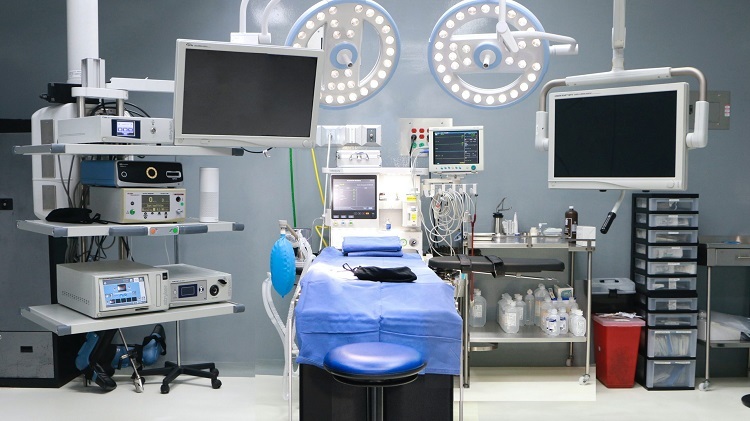What Are The Types Of Bariatric Equipment A Hospital Should Have?
Bariatric patients, or those with a BMI equal to or over 30, have unique requirements and should find comfort and safety in a hospital. The doctors who perform bariatric surgeries should have access to equipment that supports them in every way possible. But for that, the hospital must have bariatric equipment like beds, tables and chairs for convenience.
Here are some examples of bariatric equipment that a health centre must have.
Table of Contents
Specialty wheelchairs
Bariatric wheelchairs are designed to accommodate larger patients and are wider than standard wheelchairs. They have a higher weight capacity, usually 330 pounds or more. The wheelchair tires are also bigger, allowing for better stability on uneven surfaces. And because these can accommodate larger people with more extensive mobility needs, they often feature an adjustable backrest (or “headrest”).
Bariatric examination tables
Bariatric examination tables support the weight of patients who are obese. These tables are wider than typical examination tables and have a reinforced frame and base. You can use them in various settings, including hospitals and clinics.
Most models have adjustable legs for levelling, which helps ensure that the patient’s weight has an equal distribution across the table surface. Some bariatric tables include accessories like stirrups or armrests that can be adjusted up or down to ensure they’re comfortable for patients with different heights or body types.
Bariatric walking aids
Bariatric walking aids support patients who have undergone bariatric surgery and those who have trouble walking due to arthritis or joint problems. You will find different bariatric walking aids in online stores such as SafetyandMobility, including crutches with adjustable heights and long handles that make it easier for users to move around without falling over. They can include other features such as a harness around the waist or wrist straps for support during complex movements such as sitting down and standing up again.
Bariatric cushions
Bariatric cushions are equipment that can help patients with obesity and other healthcare needs. These make sitting more comfortable, which is especially important for people who have difficulty finding chairs or even sleeping surfaces that can fit comfortably. They’re also great for providing soft support while lying down, and some models even have portability so that patients can bring them from place to place as needed.
Bariatric cushions aren’t just for hospitals. Although they might seem average at first or just another piece of furniture, when it comes down to it, bariatric cushions make life easier for those affected by obesity-related health issues! Clinics, retirement homes, and other establishments use them.
Bariatric scales and measurement
These scales are used to measure the weight of patients who are obese, morbidly obese, or super obese. They’re expensive and come in different sizes depending on how many people can use them at once. For example, some hospitals have one set of scales for all patients, while others have separate ones.
Another piece of equipment that will be helpful is a girth tape measure because you don’t want your staff guessing if their patient is too big for an MRI machine or even an operating room table.
These are some examples of bariatric equipment that are an essential part of a hospital’s inventory. There are several different types to choose from. So it’s necessary for you, as the buyer, to know what each one does before making your final decision.

